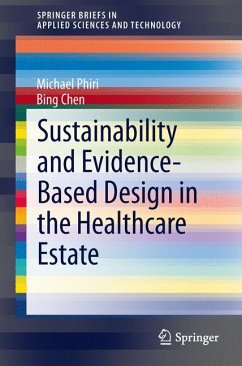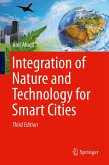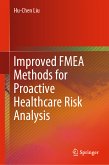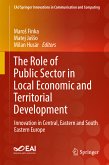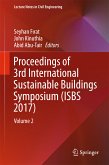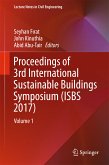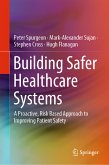This work aims to deepen our understanding of the role played by technical guidelines and tools for the design, construction and operation of healthcare facilities, ultimately establishing the impact of the physical environment on staff and patient outcomes. Using case studies largely drawn from the UK, Europe, China and Australasia, design approaches such as sustainability (e.g. targets for energy efficiency, carbon neutrality, reduction of waste), evidence-based design (EBD), and Post-Project Evaluation (PPE) are examined in order to identify policies, mechanisms and strategies that can promote an integrated learning environment that in turn supports innovation in healthcare.
Dieser Download kann aus rechtlichen Gründen nur mit Rechnungsadresse in A, B, BG, CY, CZ, D, DK, EW, E, FIN, F, GR, HR, H, IRL, I, LT, L, LR, M, NL, PL, P, R, S, SLO, SK ausgeliefert werden.

